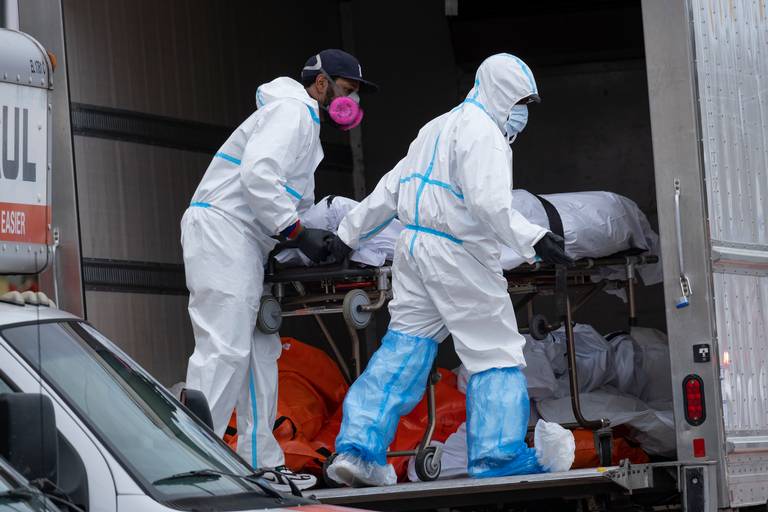Is it worth taking: Pfizer Covid-19 Vaccine?
January 11, 2021
A hotly debated topic throughout the country right now is take the vaccine or do not take a Covid-19 vaccination. Pfizer, a pharmaceutical company, is leading the work on creating a vaccine and believe they have found a vaccine that will work to prevent Covid-19. Pfizer’s head of vaccine development and research, Kathrin Jansen, started working on a Covid-19 vaccine almost immediately after hearing about it. She was also given some extra motivation while seeing the horrible effects Covid had while working in New York. She saw the effects of the virus first-hand while living in the “hot zone” in New York. Jansen recalls seeing truck after truck in front of hospitals picking up and delivering corpses.
The harsh environment and direct motivation led Jansen and her team to work incredibly hard on a vaccine for the fatal disease. The company refused to receive federal funding from the U.S.’s Operation Warp Speed efforts. Instead, the company received funding from its home country of Germany. Germany gave the company over $400 million dollars in funding for manufacturing and development capacity in aid of a vaccine. Although they weren’t receiving U.S. funding, Pfizer and its partner BioNTech worked in both the U.S. and Germany.
The vaccine itself is a breakthrough in modern medicine. It is the first vaccine to use the new idea of biotechnology in a vaccine. The way it worked was, the vaccine used mRNA, tiny snippets of genetic code inside cells, to prompt the body to make a key protein from the Covid-19 virus. This would create an immune response to the virus. Using this vaccine form, the virus won’t have to be used on people to create antibodies. BioNTech and Pfizer were already working on similar projects and tech for influenza vaccines.
In the U.S., the government has decided to start releasing the vaccine to the public. The government, including Vice President Mike Pence, tried to convince the public that they helped in the making of this vaccine through Operation Warp Speed. Obviously as we stated early, this is not the case and Pfizer denied the funding offered by the government. This along with other factors has given the public some fears and hesitation with the vaccine. In spite of the Trump Administration’s hope of releasing positive trials before the election, Pfizer waited and pushed back results to make sure they reached the threshold for positive cases. This in turn helped sway some of the public’s opinion of the vaccine.
Nonetheless, taking the vaccine or not, there is still a lot of work to be done. Unfortunately, cases are still rising and people are still dying. Going into a new year, there is hope for an end to the pandemic and there is a light at the end of the tunnel. Return to new life is a possibility within the near future, but these steps need to be taken slowly and with caution. Returning too early could be catastrophic and send us back to where we started.



